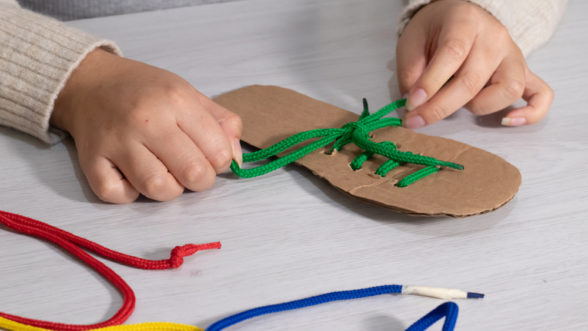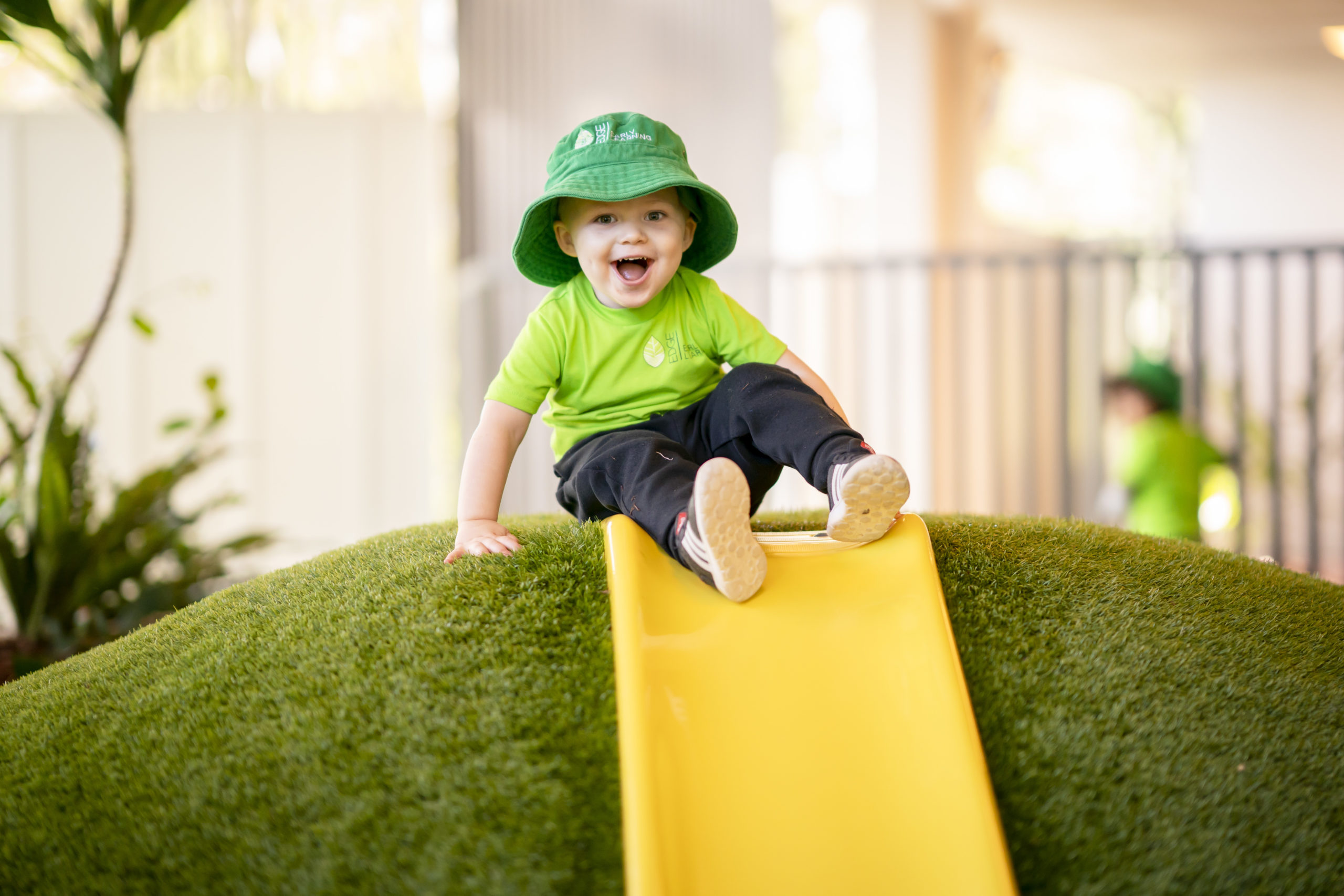Many parents will tell you they only have one goal: to raise happy children. But of course, like most things when it comes to parenting, that’s a lot easier said than done. While there isn’t a secret formula for how to make your kids happy (as much as you might wish there was!) there are a few things you can keep in mind.
For adults, achieving happiness can be complex. You could feel just as happy about your latest promotion as you are about your new pair of shoes – or, you could have achieved a lofty business goal, yet still, feel unhappy or unsatisfied.
But what is happiness for kids? Studies into what makes kids happy have revealed it’s more about life conditions than material goods. Research in the US and Europe has revealed that things like nurture and love, attachment to parents or caregivers, physical health, confidence and optimism about the future, and having basic needs like food and shelter met are fundamental to children’s happiness.
So, while every child is different, experts have shared the following advice for how to raise happy kids.
- Model the desired behaviour
In generations gone by, parents believed in ‘Do as I say, not as I do’ – now, the latest research has revealed that the way a parent behaves in front of their child is far more influential than how they tell their children to behave. Experts say there is clear evidence that parents can and do influence children, through everything from their approach to money to their parenting styles, and even their happiness. In fact, research has shown that happier parents engage in more positive parental behaviours, which in turn influence positive outcomes in their children, from their motivation to their achievements and even their relationships with peers. Why not choose happiness – not only for you, but for your children?
- Teach children to manage their emotions
While it’s true that emotional intelligence develops over time, there are plenty of ways that you can help your children get in touch with their emotions from an early age. It all starts with their ability to identify their emotions – are they really, truly angry, or simply tired? Is their naughtiness coming from a place of disobedience, or simply excitement? There are countless books available to help children properly identify their emotions, but you can help them by assuring them that it is safe to explore their emotions and that emotions are all valid, not right or wrong. This will help them learn to better express how they feel, leading to better conflict resolution and helping them become more adaptive.
- Ensure that children are getting enough sleep
It won’t take much to convince parents of the dangers of a lack of sleep – anyone who has dealt with years of sleepless children will agree that it can completely change your day-to-day life. It’s even more important when it comes to your growing children. According to Kids Helpline, getting the right amount of sleep is just as important as nutrition and exercise for developing children – a lack of sleep can impact their behavioural, mental, and emotional health. It’s a good idea to look up the current guidelines for the recommended hours of sleep per day for each age group, but keep in mind that every child is different. It’s also worth establishing a good bedtime routine to help guarantee the quality, not just the quantity, of your child’s sleep.
- Eat dinner together
When it comes to happiness, you can’t underestimate the importance of family mealtimes. Studies have explored the negative impacts that eating alone can have not only on children, but on every member of your family – from weight gain to loneliness, to truancy, and even a higher tendency to abuse drugs or alcohol. On the other hand, children who eat dinner with their families on a regular basis tend to have better grades, a stronger relationship with their parents, improved language skills, and better social skills (think table manners, patience, and communication), not to mention reduced depressive and suicidal thoughts.
- Increase outdoor playtime and exercise
You probably don’t need a scientific study to tell you that spending time outdoors and exercising both generally make you feel happier, but it never hurts to assure parents that these two things can greatly improve their children’s wellbeing. From improved fitness to stronger bones and muscles, increased concentration, better social skills, and even improved self-esteem, there is no shortage of benefits when it comes to exercise – exercising outdoors, which delivers fresh air and Vitamin D, is even better. It’s also worth noting that time spent outdoors or exercising means less time spent in front of a screen, which was been shown to release endorphins and improve happiness.
- Promote a healthy body image
It’s something that countless generations have struggled with in silence but finally, the dangers of poor body image are being identified and addressed. More and more, experts are stating that the foundations for positive body image are built in the early years. During childhood and the teenage years, parents are encouraged to help their children focus on the things their bodies allow them to do, rather than the way that they look. This is another area where parents can lead by example by speaking about their own bodies in a positive way in front of their children and celebrating the things that make them unique.
- Teach self-discipline
Have you heard of the ‘marshmallow test’? It’s an experiment in self-control, where children are told that they can eat one marshmallow now or – if they wait without touching the marshmallow – eat two in 15 minutes. The findings have allowed experts to determine that a child’s level of self-control can predict their financial success and health in adulthood, in the same way that social class, IQ and familial wealth can. By demonstrating (and then practicing) the power of self-control, you can help equip your children with this life-changing skill and lead them to long-term happiness.
Promoting Happiness at Edge Early Learning
At Edge, our holistic approach to learning not only ensures your child’s physical development, but their mental and emotional development, too. Our teaching style is based on our understanding of how to make kids happy, focusing on connection and openness and allowing children to lead the way through our inquiry-based approach to learning. Our program also promotes outdoor play, physical activity, mindfulness, and basic nutritional education, helping your children foster healthy habits and develop friendships that will lead to future happiness.

